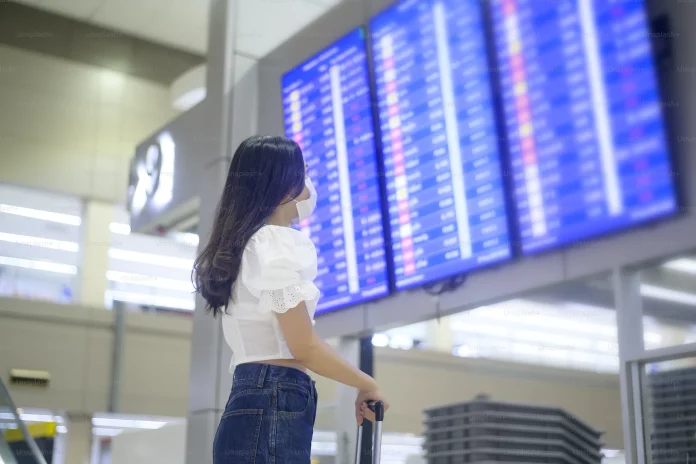
Airlines are falling short of acceptable customer service levels when dealing with passengers in the aftermath of flight disruptions, a survey has revealed.
The research – conducted by AirHelp, the world’s largest air passenger rights organisation – shows that passengers scored airlines 3.1 out of 10 when rating their satisfaction with the care they received.
The study found that significant flight disruption costs passengers €362.50, on average, while 82% of respondents to the survey said they were not informed of their rights during a significant flight disruption.
AirHelp surveyed 1,363 passengers who had faced a significant disruption to learn more about the costs and experience of a flight disruption. Respondents came from over 60 countries and regions – including the EU, the US, the UK, and Brazil.
The survey uncovered that waiting for long periods of time is the biggest problem for passengers, with 73% of respondents ranking this as a major frustration. This is closely followed by arriving at their destination at an inconvenient time and being stressed, with 71% and 68% of respondents respectively, stating that they were very frustrated with these problems.
With ongoing labour disputes, strikes and technical problems, passengers have undoubtedly experienced travel disruptions in recent months.
AirHelp identified that a significant flight disruption will cost passengers a staggering €362.50 on average.
As much as 72% of those surveyed spent money they weren’t planning to spend, with the biggest outgoings related to alternative travel, food and drink, and accommodation. Some 46% of passengers also lost money when facing disruptions, via lost earnings and non-refundable costs like accommodation.
Tomasz Pawliszyn, CEO of AirHelp, said: “Dealing with the unpredictable nature of air travel is never easy, especially when considering strikes and other unforeseen disruptions that are out of our control. Our goal at AirHelp is not only to educate passengers about their rights and help them enforce them in the event of delays and cancellations. But rather, we want to work with airlines to ensure that passengers have an all-round satisfying flight experience. This survey uncovered some useful findings that companies can use to identify areas for improvement, with a clear emphasis on better and real-time communication.”




